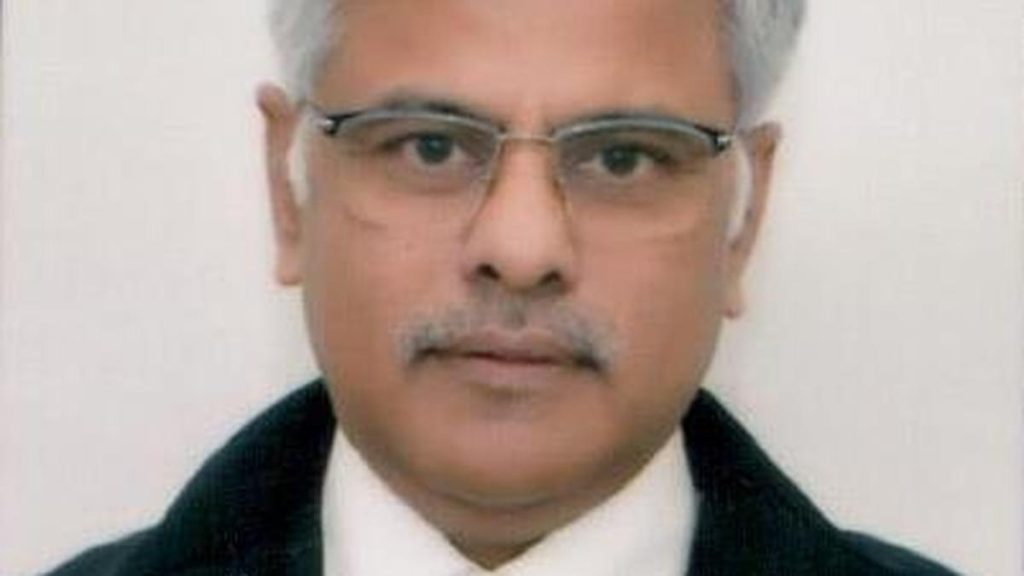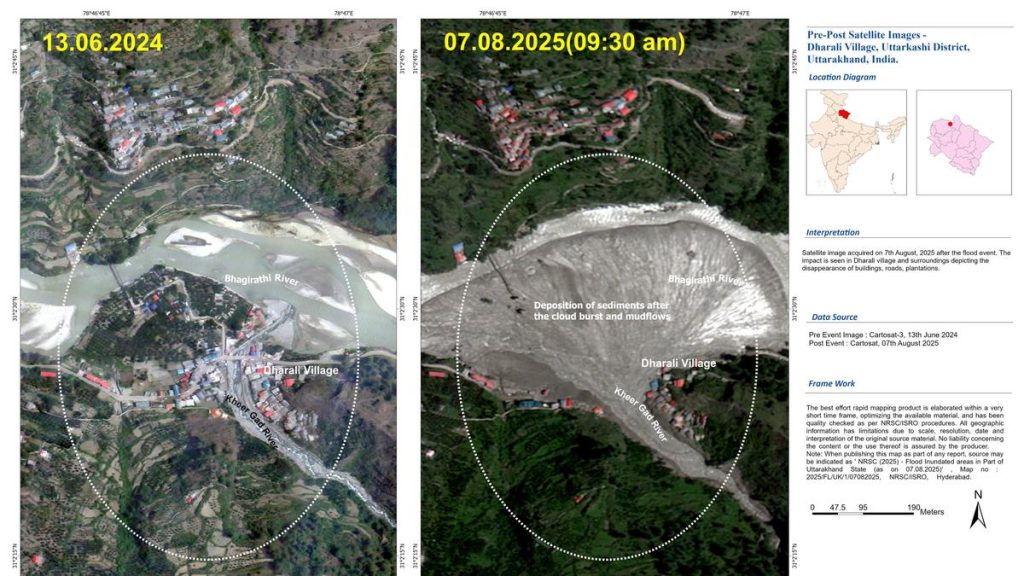Now Reading: Staying Active in Body and Mind May Prevent Dementia Early
-
01
Staying Active in Body and Mind May Prevent Dementia Early
Staying Active in Body and Mind May Prevent Dementia Early

Quick summary
- Incident: Actor gene Hackman and his wife, Betsy Arakawa, were found deceased in their California home in February 2025. Arakawa reportedly died from an infection, while Hackman-who had dementia-passed a week later due to self-care limitations.
- Dementia Statistics: Nearly 7 million Americans aged 65+ live with dementia; this number may nearly double by 2060 amidst declining caregiver availability (Alzheimer’s Association).
- Sleep and Dementia: Research shows sleep disturbances like insomnia and apnea increase alzheimer’s risk. However,sleep quality naturally declines with aging,challenging preventive interventions for older adults.
- Exercise Benefits: Studies demonstrate how physical exercise reduces inflammation and cognitive decline in early Alzheimer’s stages via mechanisms like disrupting necroptosis.
- Cognitive Engagement Benefits: Activities enhancing neuroplasticity-e.g., learning languages or solving puzzles-help maintain brain connectivity. Isolation has been linked to heightened dementia risk but causation remains unclear.
- Pharmaceuticals Under Study: GLP-1 receptor agonists (e.g., Ozempic) are being investigated for their potential ability to curb dementia-related inflammation.
Indian opinion Analysis
Gene Hackman’s case highlights the growing challenges posed by memory loss diseases globally, including India where elder care infrastructure is increasingly under strain.Rising dementia numbers are not unique to America; India faces similar patterns owing to an aging population alongside societal shifts diminishing traditional caregiver roles within families.
Research exposing preventative strategies-via sleep hygiene, physical exercise, mental activities like language learning or puzzles-is promising but must account for cultural habits. For example, improving sleep quality for elderly groups might take different approaches in rural versus urban India due to distinct lifestyle conditions.
Investigations into pharmaceuticals such as GLP-1 receptor agonists reflect global optimism toward tackling neurodegenerative issues thru medical innovation. However, affordability and accessibility remain critical questions for low-income nations including Indian communities prone to inequities in health service distribution.
As prevention rises as a focal area worldwide amidst concerns of shrinking caregiving resources highlighted here-it becomes vital that India strengthens outreach campaigns emphasizing active lifestyles backed by research-based actions tailored locally across citizens’ diverse socioeconomic realities.



























